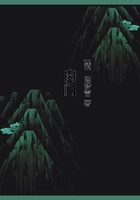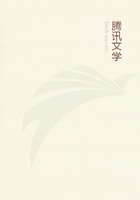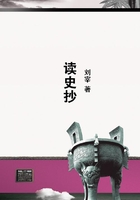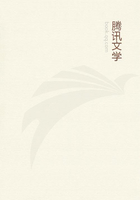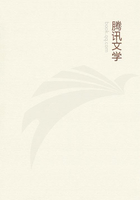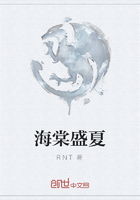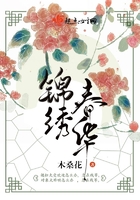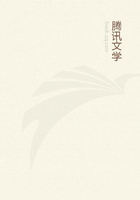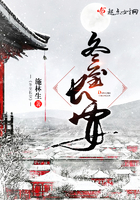And in the theoretical Germany of that time, two things above all were practical: religion and politics. Whoever placed the chief emphasis on the Hegelian system could be fairly conservative in both spheres; whoever regarded the dialectical method as the main thing could belong to the most extreme opposition, both in politics and religion. Hegel himself, despite the fairly frequent outbursts of revolutionary wrath in his works, seemed on the whole to be more inclined to the conservative side. Indeed, his system had cost him much more "hard mental plugging" than his method. Towards the end of the thirties, the cleavage in the school became more and more apparent. The Left wing, the so-called Young Hegelians, in their fight with the pietist orthodox and the feudal reactionaries, abandoned bit by bit that philosophical-genteel reserve in regard to the burning questions of the day which up to that time had secured state toleration and even protection for their teachings. And when in 1840, orthodox pietism and absolutist feudal reaction ascended the throne with Frederick William IV, open partisanship became unavoidable. The fight was still carried on with philosophical weapons, but no longer for abstract philosophical aims.
It turned directly on the destruction of traditional religion and of the existing state. And while in the Deutsche Jahrbucher [3] the practical ends were still predominantly put forward in philosophical disguise, in the Rheinische Zeitung of 1842 the Young Hegelian school revealed itself directly as the philosophy of the aspiring radical bourgeoisie and used the meagre cloak of philosophy only to deceive the censorship.
At that time, however, politics was a very thorny field, and hence the main fight came to be directed against religion; this fight, particularly since 1840, was indirectly also political. Strauss' Life of Jesus, published in 1835, had provided the first impulse. The theory therein developed of the formation of the gospel myths was combated later by Bruno Bauer with proof that a whole series of evangelic stories had been fabricated by the authors themselves. The controversy between these two was carried out in the philosophical disguise of a battle between "self-consciousness" and "substance". The question whether the miracle stories of the gospels came into being through unconscious-traditional myth-creation within the bosom of the community or whether they were fabricated by the evangelists themselves was magnified into the question whether, in world history, "substance" or "self-consciousness" was the decisive operative force. Finally came Stirner, the prophet of contemporary anarchism -- Bakunin has taken a great deal from him -- and capped the sovereign "self-consciousness" by his sovereign "ego". [4]
We will not go further into this side of the decomposition process of the Hegelian school. More important for us is the following: the main body of the most determined Young Hegelians was, by the practical necessities of its fight against positive religion, driven back to Anglo-French materialism.
This brought them into conflict with the system of their school. While materialism conceives nature as the sole reality, nature in the Hegelian system represents merely the "alienation" of the absolute idea, so to say, a degradation of the idea. At all events, thinking and its thought-product, the idea, is here the primary, nature the derivative, which only exists at all by the condescension of the idea. And in this contradiction they floundered as well or as ill as they could.
Then came Feuerbach's Essence of Christianity . [5] With one blow, it pulverized the contradiction, in that without circumlocutions it placed materialism on the throne again. Nature exists independently of all philosophy. It is the foundation upon which we human beings, ourselves products of nature, have grown up. Nothing exists outside nature and man, and the higher beings our religious fantasies have created are only the fantastic reflection of our own essence. The spell was broken; the "system" was exploded and cast aside, and the contradiction, shown to exist only in our imagination, was dissolved. One must himself have experienced the liberating effect of this book to get an idea of it. Enthusiasm was general; we all became at once Feuerbachians. How enthusiastically Marx greeted the new conception and how much -- in spite of all critical reservations -- he was influenced by it, one may read in the The Holy Family .
[6]
Even the shortcomings of the book contributed to its immediate effect. Its literary, sometimes even high-flown, style secured for it a large public and was at any rate refreshing after long years of abstract and abstruse Hegelianizing. The same is true of its extravagant deification of love, which, coming after the now intolerable sovereign rule of "pure reason", had its excuse, if not justification. But what we must not forget is that it was precisely these two weaknesses of Feuerbach that "true Socialism", which had been spreading like a plague in educated Germany since 1844, took as its starting-point, putting literary phrases in the place of scientific knowledge, the liberation of mankind by means of "love" in place of the emancipation of the proletariat through the economic transformation of production -- in short, losing itself in the nauseous fine writing and ecstacies of love typified by Herr Karl Grun.
Another thing we must not forget is this: the Hegelian school disintegrated, but Hegelian philosophy was not overcome through criticism;
Strauss and Bauer each took one of its sides and set it polemically against the other. Feuerbach smashed the system and simply discarded it. But a philosophy is not disposed of by the mere assertion that it is false. And so powerful a work as Hegelian philosophy, which had exercised so enormous an influence on the intellectual development of the nation, could not be disposed of by simply being ignored. It had to be "sublated" in its own sense, that is, in the sense that while its form had to be annihilated through criticism, the new content which had been won through it had to be saved. How this was brought about we shall see below.
But in the meantime, the Revolution of 1848 thrust the whole of philosophy aside as unceremoniously as Feuerbach had thrust aside Hegel.
And in the process, Feuerbach himself was also pushed into the background.

